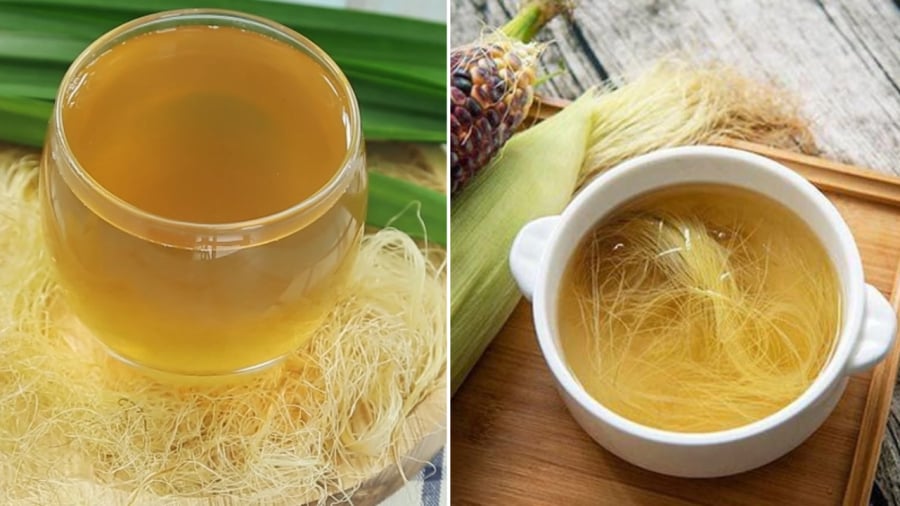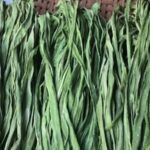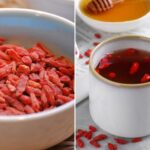In Traditional Chinese Medicine, corn silk is considered a medicinal herb. It is known as Ngọc Mễ Tu. Corn silk and the pith inside the corn stalk are neutral in nature, sweet in taste, and are associated with the kidney and bladder meridians. Typically, corn silk is used in herbal remedies for treating ailments related to the kidneys, urinary tract, bladder, and stones…
What Are the Benefits of Drinking Corn Silk Infusion?
Corn silk helps to stimulate bile flow in treating liver and gallbladder issues, gallstones, jaundice… Consuming corn silk also supports liver health. Drinking corn silk infusion reduces bile viscosity, increases bile secretion. This helps to facilitate the flow of bile into the intestines.
Drinking corn silk infusion also increases urine output, flushing out waste products from the body, which is beneficial for individuals with kidney problems. This beverage helps dissolve stones formed from urate, phosphate, and carbonate, thus aiding in the treatment of kidney stones, bladder stones, and ureter stones.
Corn silk infusion can be used as a substitute for tea. It is a beneficial drink for those experiencing gallstones or bile duct obstruction.
Corn silk can also be used in cases of edema related to cardiovascular issues.
According to vtcnews, Master of Oriental Medicine Quốc Trung stated that consuming corn silk infusion as a beverage is a good habit. This drink is inexpensive, relatively mild, and offers numerous health benefits. However, it is important to pay attention to certain aspects to avoid potential harm. For instance, corn silk may be contaminated with pesticides, so it is crucial to thoroughly wash it before cooking.

Corn silk infusion can be used as a tea substitute. Both fresh and dried corn silk can be used, although fresh corn silk is preferable as it contains more nutrients.
When selecting corn silk, opt for those with a brown velvet color, thick and glossy strands. Combining corn silk with other herbs such as Cỏ Xước, Mã Đề, Rễ Tranh, Kim Tiền Thảo, and Rễ Sậy can enhance its effectiveness.
Who Should Avoid Corn Silk Infusion?
Individuals taking medication for a health condition should refrain from consuming corn silk infusion concurrently, especially if they are on diuretics. It is advisable to consult a physician before incorporating corn silk infusion into your routine.
If using corn silk infusion for therapeutic purposes, it is recommended to do so for no more than 10 consecutive days, followed by a break of at least one week to prevent electrolyte imbalances in the body.
As corn silk infusion has a diuretic effect, it is best avoided in the evening to prevent disruptions to sleep.
While children can consume corn silk infusion, it should not replace their water intake. Prolonged consumption of corn silk infusion may lead to increased elimination and poor absorption of essential micronutrients like potassium and calcium, resulting in electrolyte imbalances.
The appropriate dosage is approximately 20 grams of fresh corn silk or 10 grams of dried corn silk.
For children, limit their intake to 200-300 ml of corn silk infusion per day, ensuring they still consume an adequate amount of water.
How to Make Corn Silk Infusion
Corn silk should be thoroughly rinsed with clean water. Place the corn silk in a pot, add water, and bring it to a boil. Once the water turns brown, strain the infusion and discard the solids. Corn silk infusion can be consumed warm, at room temperature, or chilled.





































